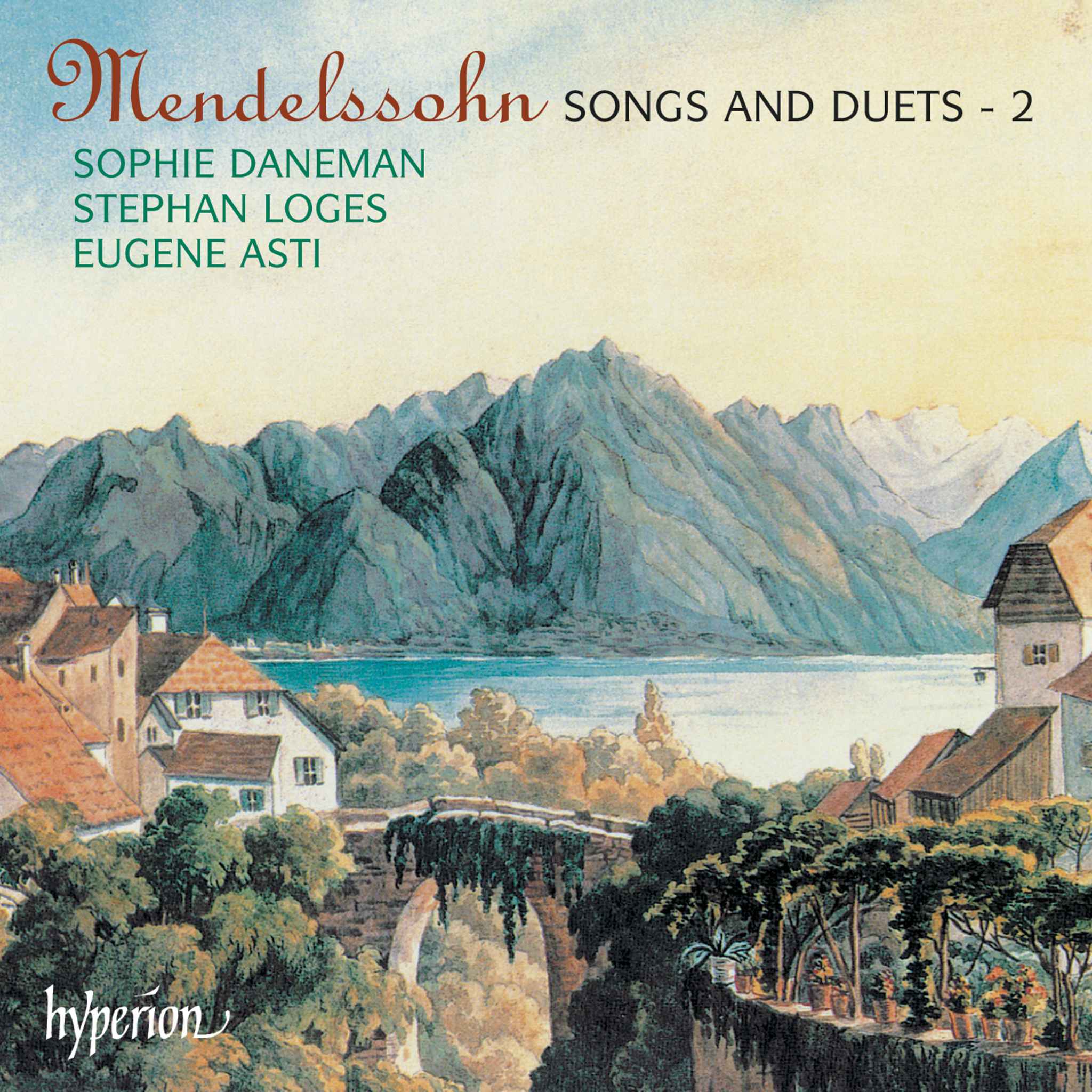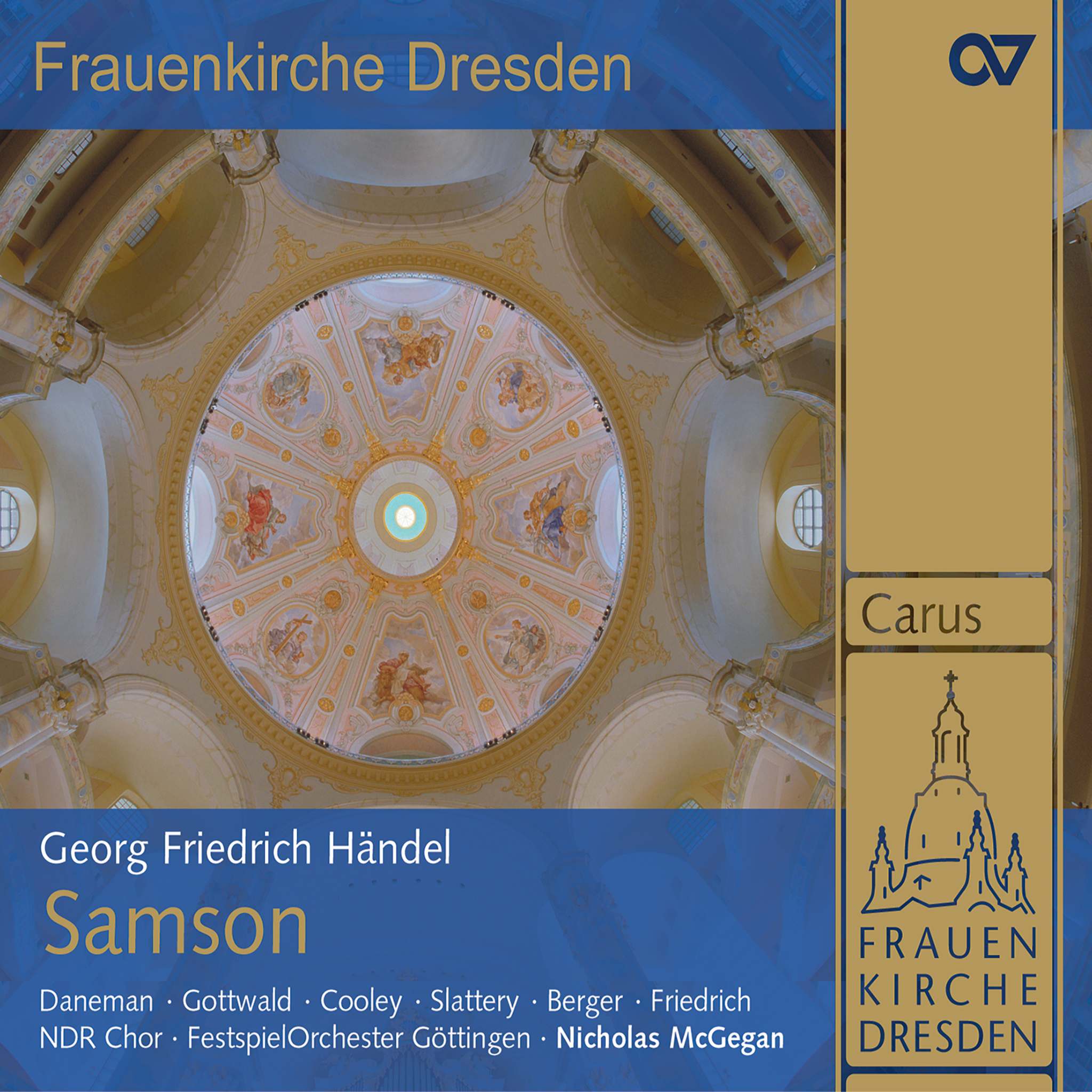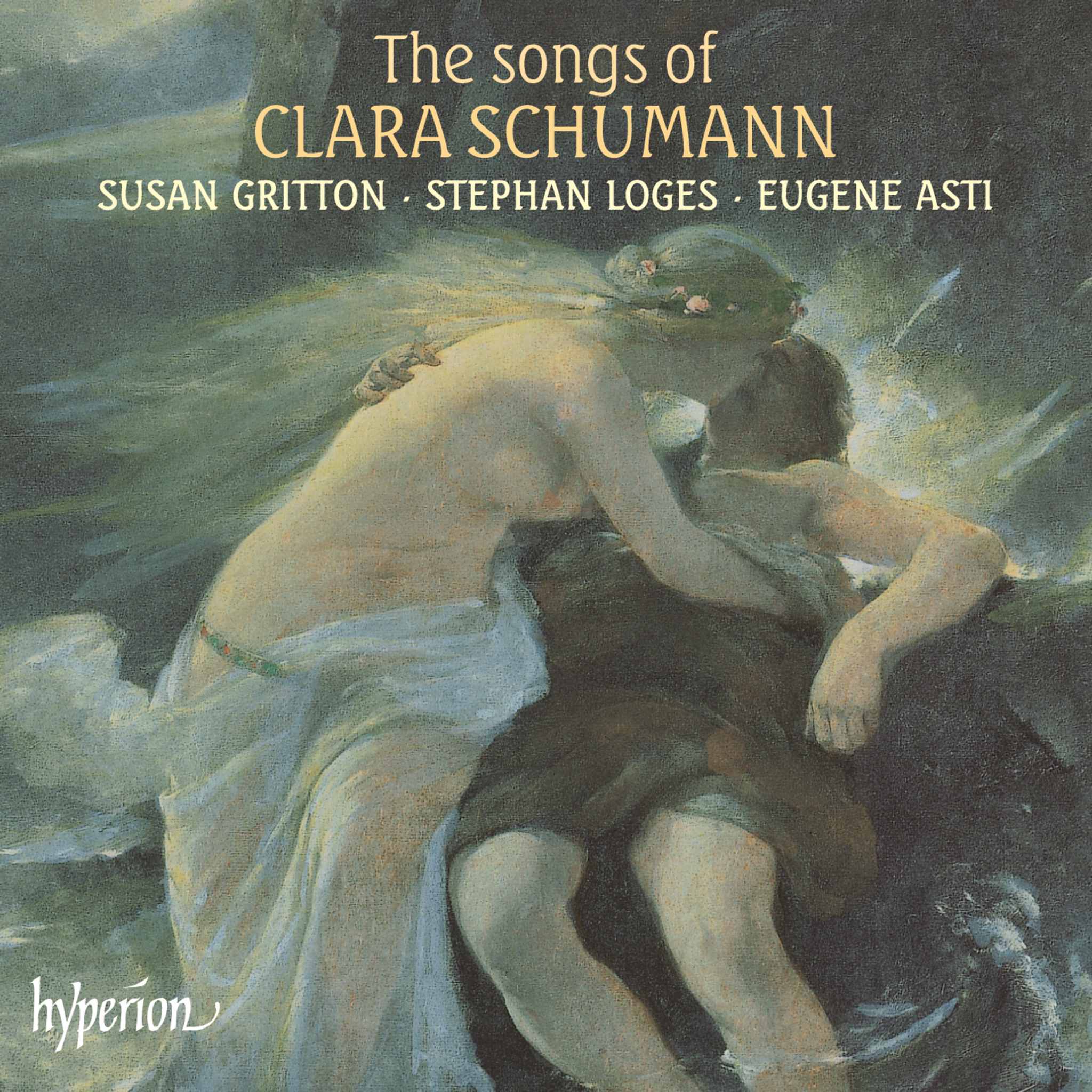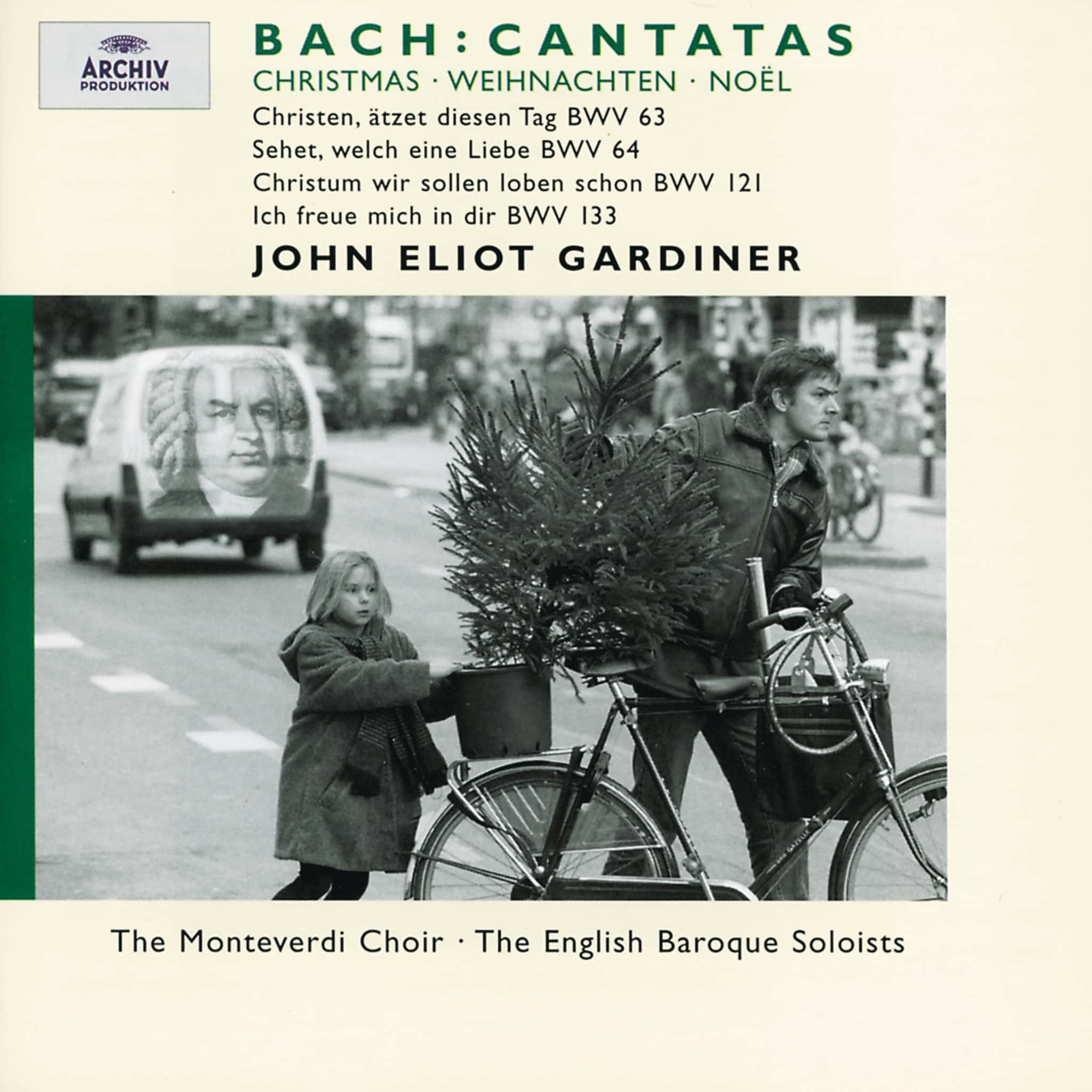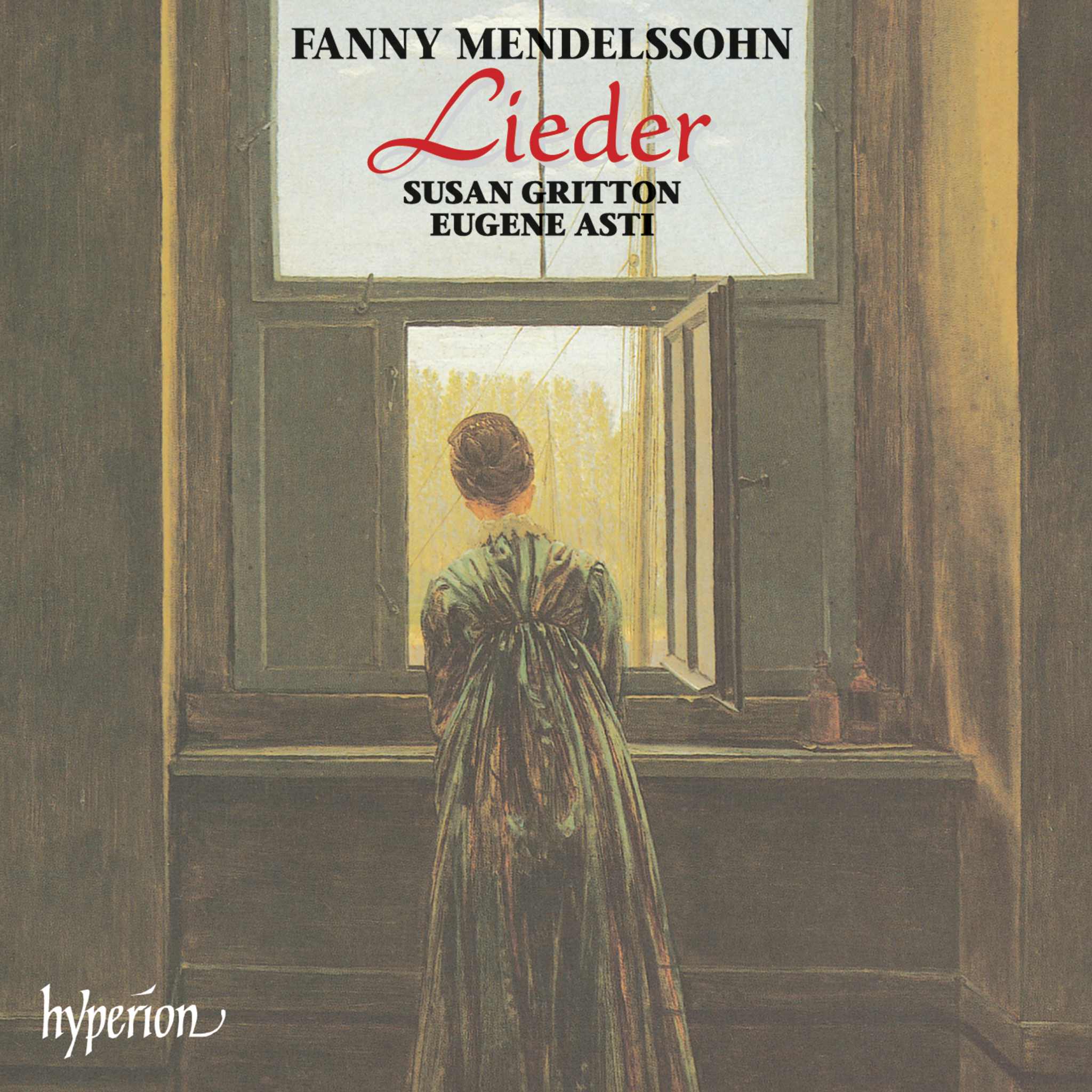To date, 106 songs and 13 duets have been definitively attributed to Felix Mendelssohn. Although his neglected musical works are experiencing a resurgence in popularity, Mendelssohn still remains in the shadow of other Romantic composers like Schubert and Schumann.
It is often argued that Mendelssohn's works receive less attention due to their limited emotional range. Unlike his contemporaries Schubert and Schumann, Mendelssohn neither created song cycles nor focused his compositions on a single poet.
As the scion of a distinguished family, Mendelssohn received a rigorous musical education under the tutelage of Zelter. His diverse talents were not limited to music—he also engaged with philosophy, translation, and painting.
His musical gift manifested itself early, leading to the composition of numerous remarkable pieces. His songs evolved from initially fluctuating quality to extraordinary mastery and originality.
During his time in Leipzig, Mendelssohn fundamentally revitalized the Gewandhaus Orchestra and championed the dissemination of works by important composers. His influence on the musical world was considerable, and he left behind a rich legacy of masterful compositions.
Beyond his musical abilities, Mendelssohn possessed talents in various other areas. He enjoyed a fulfilling family life with his wife, Cécile Jeanrenaud, and their five children.
Despite his musical successes and recognized talent, Mendelssohn struggled with personal and professional difficulties. His final years were marked by emotional distress and physical exhaustion.
In November 1847, Mendelssohn died, having never fully recovered from the loss of his sister, Fanny. His death brought to an end an extraordinary musical life characterized by sensitivity and creative power.

